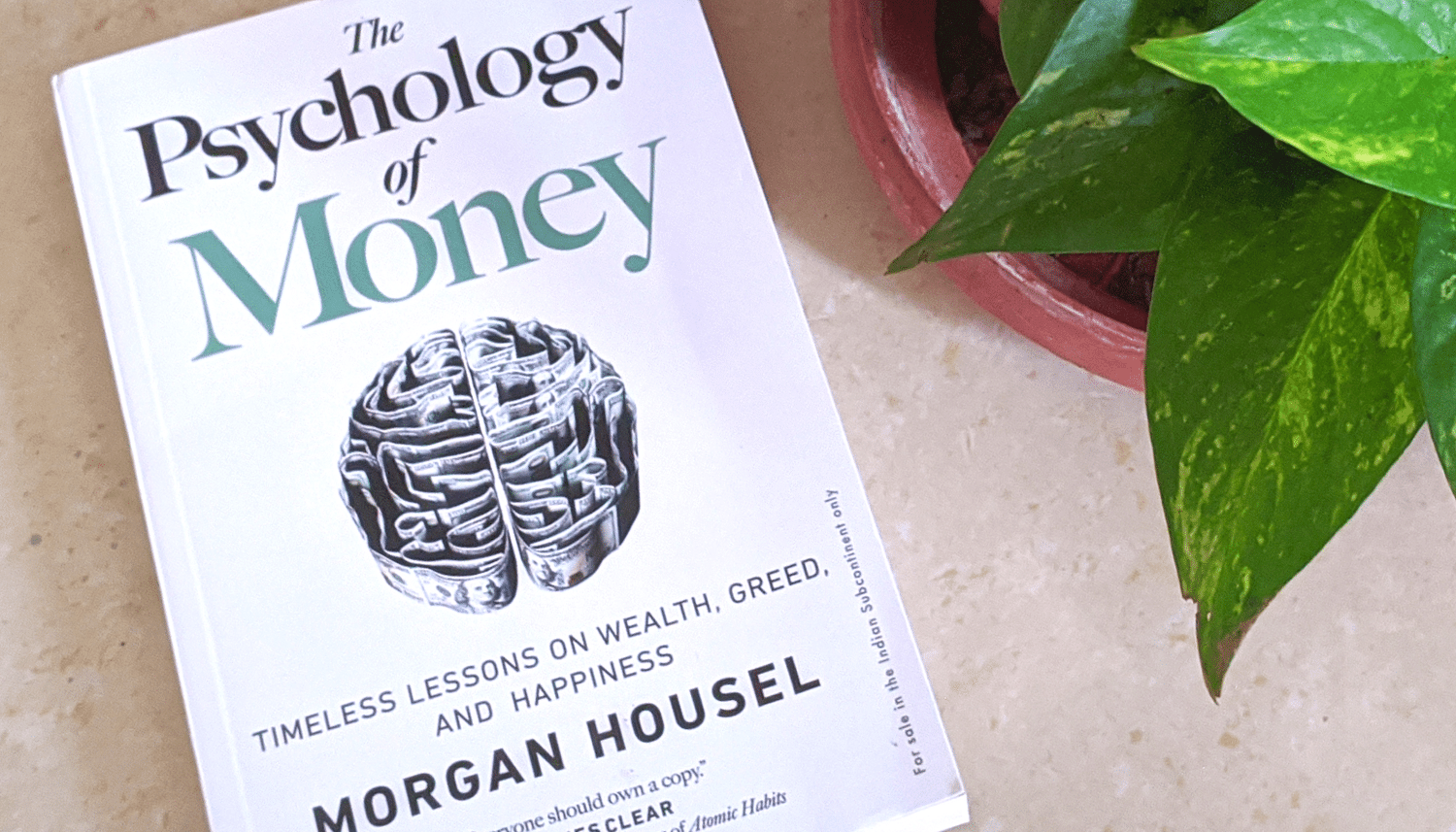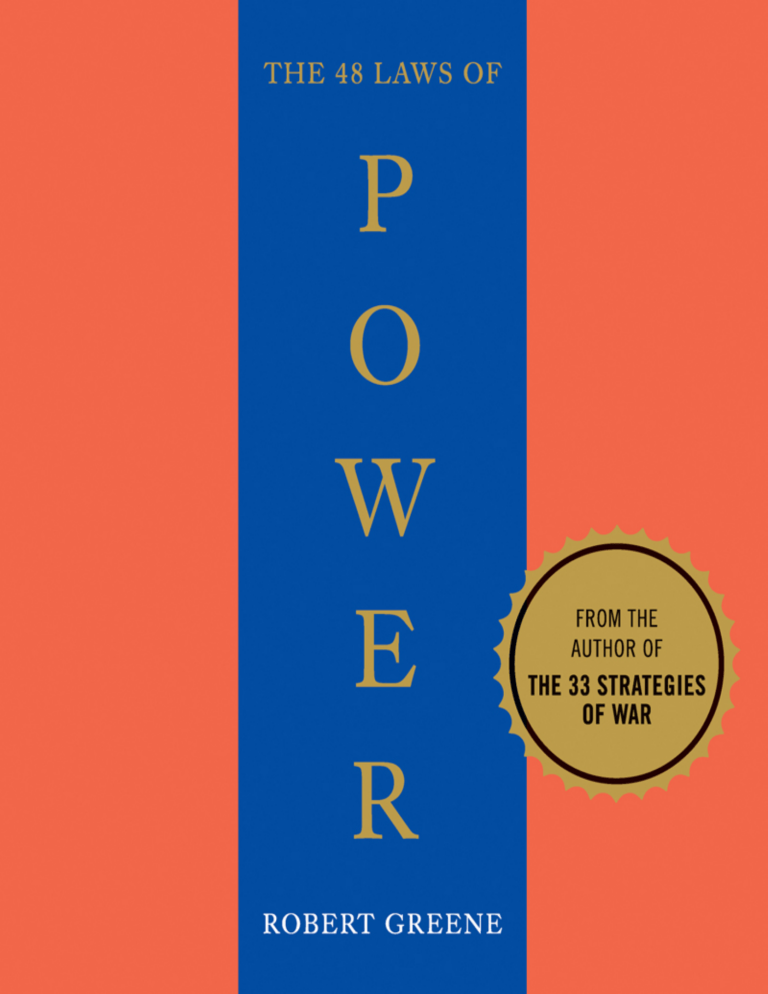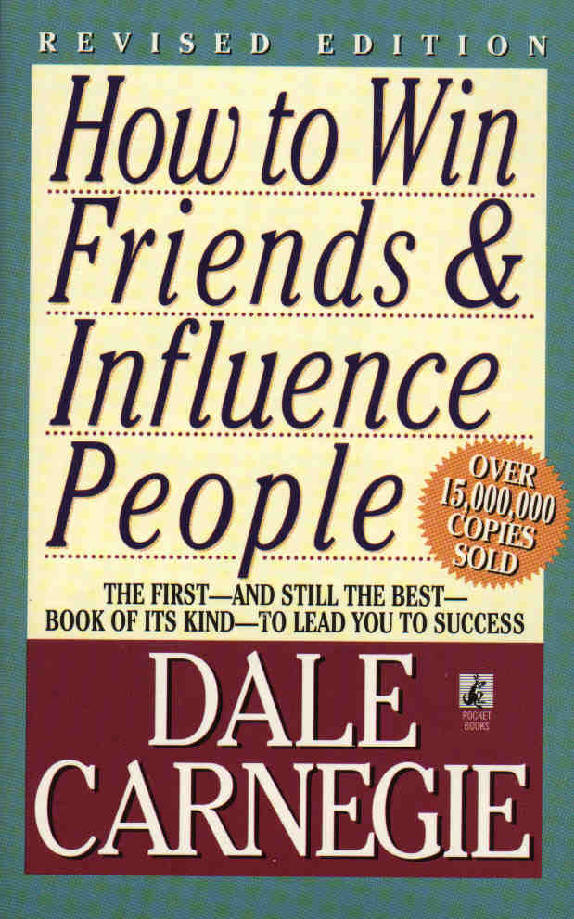Table of Contents
In today’s fast-paced world, creating a balanced life often feels like an elusive dream. We are bombarded with demands from our careers, families, and personal aspirations, leaving us feeling overwhelmed and stressed. However, achieving a harmonious and fulfilling life is not an unattainable ideal.
It requires a conscious effort to cultivate practices that help us manage stress and nurture happiness.
Drawing insights from renowned personal development experts, this blog post will explore practical strategies to create a life of balance, reduce stress, and enhance overall well-being.

1. Define Your Personal Meaning of Happiness
Before embarking on a quest for happiness, it’s essential to understand what happiness truly means to you. It’s not a one-size-fits-all concept but a deeply personal experience that can vary greatly from individual to individual.
Some may find happiness in achieving ambitious goals, while others may derive it from nurturing close relationships or pursuing creative passions. Take the time to reflect on what brings you joy and fulfillment.
In “12 Rules For Life,” Jordan B. Peterson challenges the conventional notion that happiness should be the primary goal of life. He suggests that “a deeper meaning” is needed, one that focuses on “developing character in the face of suffering.”
Peterson encourages us to find meaning and purpose beyond fleeting moments of happiness, acknowledging that life inevitably encompasses challenges and hardships.
2. Prioritize Self-Care and Well-being
In the relentless pursuit of our goals, we often neglect our own well-being. Creating a balanced life requires prioritizing self-care practices that nourish our physical, mental, and emotional health. This includes engaging in activities that bring us joy, getting enough sleep, eating nutritious food, and exercising regularly.
Robin Sharma, in “The 5 AM Club,” emphasizes the importance of self-care, particularly in the early morning hours. He advocates for dedicating the first hour of the day to activities that enhance our physical, mental, emotional, and spiritual well-being, creating a solid foundation for the day ahead.
He emphasizes the power of “fueling, relaxing, recovering, and pure fun” as essential components of a balanced life.
3. Master Stress Management Techniques
Stress is an unavoidable aspect of life, but chronic stress can have detrimental effects on our health and well-being. Developing effective stress management techniques is crucial to maintain a balanced life. This may include practices like meditation, mindfulness exercises, deep breathing techniques, or engaging in hobbies that bring relaxation and joy.
Robin Sharma, in “The 5 AM Club,” highlights the benefits of meditation for managing stress. He suggests incorporating meditation into the early morning routine, as it “profoundly helps concentration, confidence, performance, and the calm that I feel.” Meditation, he explains, helps lower cortisol levels, reducing stress and promoting inner peace.
4. Cultivate Mindfulness and Presence
In a world filled with distractions, it’s easy to get caught up in the whirlwind of our thoughts and to-do lists, losing sight of the present moment. Practicing mindfulness involves bringing our attention to the present experience, without judgment.
This helps us to become more aware of our thoughts, feelings, and sensations, enabling us to respond to challenges with greater clarity and composure.
5. Set Healthy Boundaries and Learn to Say No
Creating a balanced life often requires setting healthy boundaries and learning to say no to requests that drain our time and energy. It’s essential to prioritize our commitments and to ensure that we are not overextending ourselves to the point of exhaustion.
Learning to say no gracefully and assertively allows us to protect our time and energy for the things that truly matter.
6. Streamline Your Digital Life
Technology has become an integral part of our lives, offering numerous benefits, but it can also become a source of stress and distraction. Creating a balanced life involves consciously managing our relationship with technology.
This may include setting aside designated times for checking emails and social media, using productivity tools to streamline workflows, and creating tech-free zones in our homes to promote relaxation and connection.
Tiago Forte, in “Building a Second Brain,” offers valuable insights on managing our digital lives. He advocates for using technology as a “tool for thinking” to enhance our cognitive abilities and achieve our goals.
He proposes creating a “Second Brain,” a digital archive of our most valuable information, to help us manage information overload and free up our mental space for creativity and meaningful work.
7. Foster Meaningful Connections
Human beings are inherently social creatures, and nurturing meaningful connections is essential for happiness and well-being. Make time for the people who matter most in your life, engage in activities that foster a sense of community, and cultivate relationships that bring joy and support.
8. Embrace Rest and Rejuvenation
Just as our bodies need sleep to recover from physical exertion, our minds and spirits also need time to rest and rejuvenate. Make sure to incorporate regular periods of rest into your schedule, whether it’s a relaxing evening routine, a weekend getaway, or a longer vacation. Adequate rest allows us to return to our tasks with renewed energy and focus.
Robin Sharma, in “The 5 AM Club,” emphasizes the importance of incorporating rest and recovery into our daily routines, noting that “growth does happen in the resting phase.”
He encourages us to challenge the conventional belief that constant productivity is necessary for success, recognizing that rest is essential for both physical and mental well-being.
9. Seek Professional Help When Needed
Creating a balanced life is an ongoing journey, and there may be times when we need additional support. Don’t hesitate to seek professional help from a therapist, counselor, or coach if you are struggling with stress, anxiety, or other mental health challenges.
These professionals can provide valuable guidance and support to help you develop coping mechanisms and build a more fulfilling life.
Conclusion
Creating a balanced life is a continuous process of self-awareness, mindful choices, and deliberate actions. By integrating the insights from personal development experts and prioritizing our physical, mental, and emotional well-being, we can navigate the complexities of modern life with greater ease and resilience.
Remember that balance is not about achieving perfection but about finding a sustainable rhythm that allows us to thrive in all areas of our lives. Embrace the journey, celebrate small victories, and never stop striving for a life filled with purpose, joy, and fulfillment.







Leave a Reply